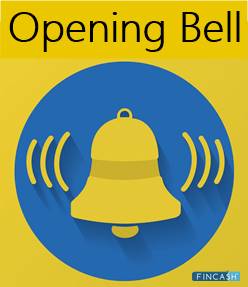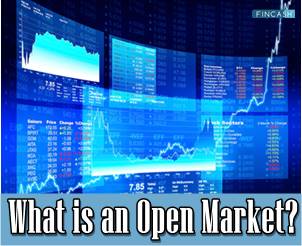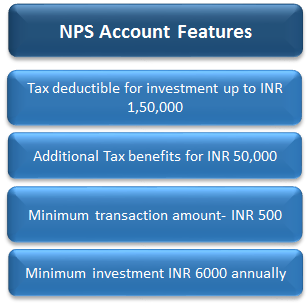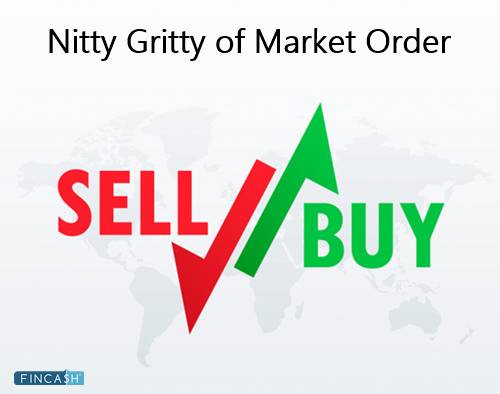
Table of Contents
What is an Open Order?
An open order is a securities purchase or sale order that is not fulfilled or cancelled unless certain requirements are met. The transaction initiator has the choice to keep the item offered for trade open until all requirements, such as price and time, are satisfied. It is an unfulfilled or working order that must be completed after previously unmet criteria have been satisfied before the customer cancels it or it expires. The customer can put a purchase or sell order for a security that is valid until the fulfilment of the condition they set.
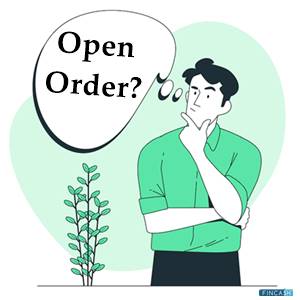
Open orders, which can take a long time to complete or may be unfulfilled, are appropriate for negotiations that require a long time to execute. These are distinct from Market orders since they have fewer limitations and are instantly filled.
How Does an Open Order Work?
A transaction is subject to restrictions put in place by an investor, such as time and price. The order is said to be open when a requirement, such as a price minimum, is met but the stock does not exceed the investor's minimum demand. Deals continue to be active until an appropriate investor is located. Upon fulfilment of the order, the transaction is finished.
Market orders without limitations or conditions are either immediately executed or, if not, are cancelled. However, with Backlog orders, investors have the freedom to determine the price and the time frame in which they want the purchase and sale orders to be carried out before they expire.
Additionally, these orders fluctuate in price and are available for a long period. Events that have an impact on the stock market cause the price to change. As a result, leveraged traders may suffer losses. Examples of open orders include:
- Limit orders
- Buy stop orders
- Sell stop orders
Backlog orders automatically expire and become inactive when they are not completed for a long time. However, investors can cancel it before they are fulfilled.
Talk to our investment specialist
Advantages and Disadvantages of an Open Order
An open order helps traders but restricts investors in a number of ways. Backlog orders have the advantages and disadvantages listed below.
Pros
- The transaction happens as soon as the order is executed
- It gives an investor the freedom to choose the price and the duration of the order's active period
- Open order guarantees contract completion regardless of the timing
- It prolongs the duration of the purchase and selling agreement
Cons
- The transaction will automatically be terminated and expire if the investor's allotted time has passed and it has not been completed
- The amount paid by the buyer for the security might be different from what the seller anticipated
- The order undergoes significant price swings since it is left open for a very long time
Open Order Risks
If open orders are kept open for a long time, they could be risky. Once an order has been placed, you are obligated to pay the price that was quoted at that time. The primary risk is that, in response to a new event, the price might swiftly shift in a negative direction. If you aren't continually monitoring the market, you might not see these price changes if your order has been open for several days. Day traders close all of their deals at the end of each day since this is particularly risky for traders who use leverage.
The Bottom Line
An open order can take some time to fill and may not be completed at all, whereas a market order is completely filled. It is crucial for the investor to maintain an eye on market circumstances, keep track of all open orders, and make sure that each order is fulfilled over time.
All efforts have been made to ensure the information provided here is accurate. However, no guarantees are made regarding correctness of data. Please verify with scheme information document before making any investment.



